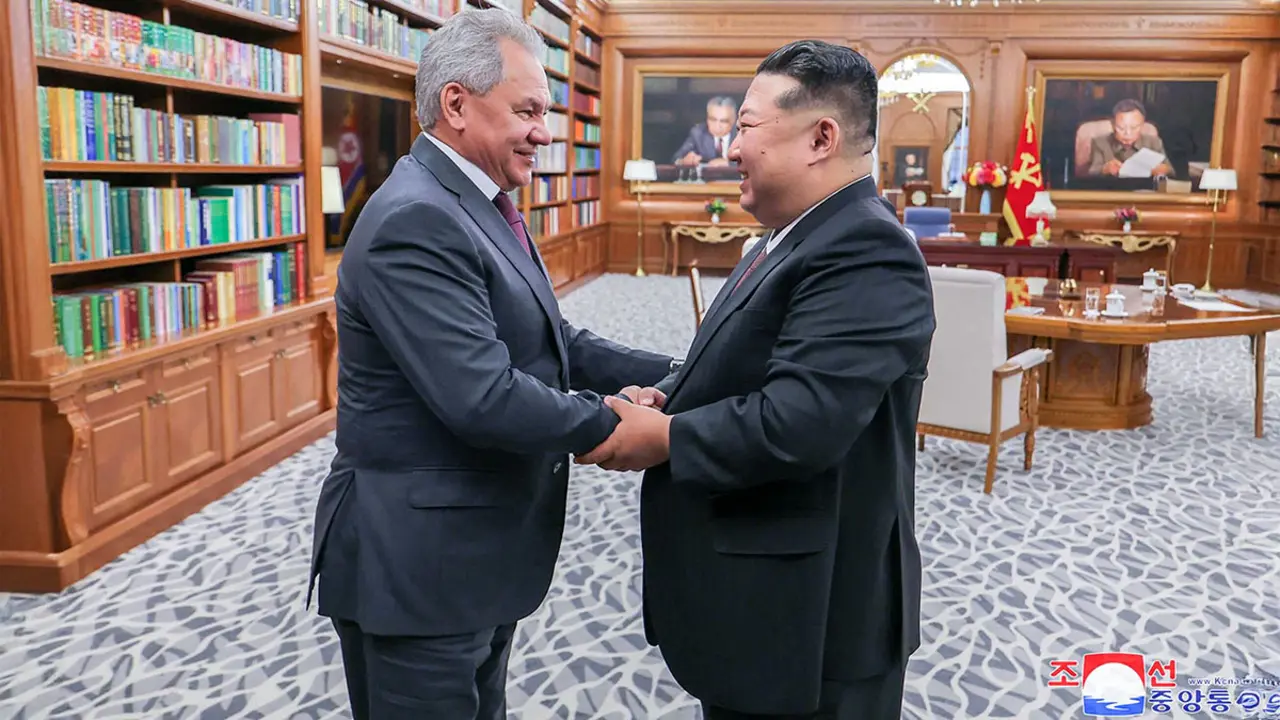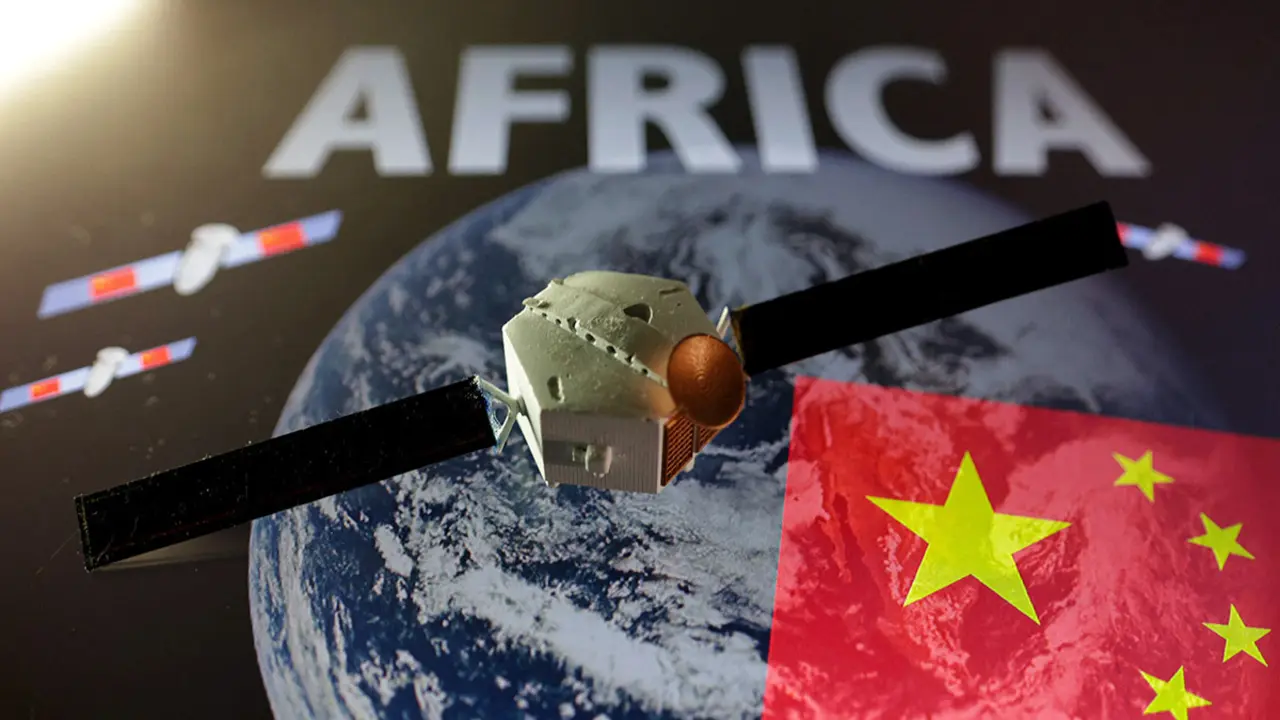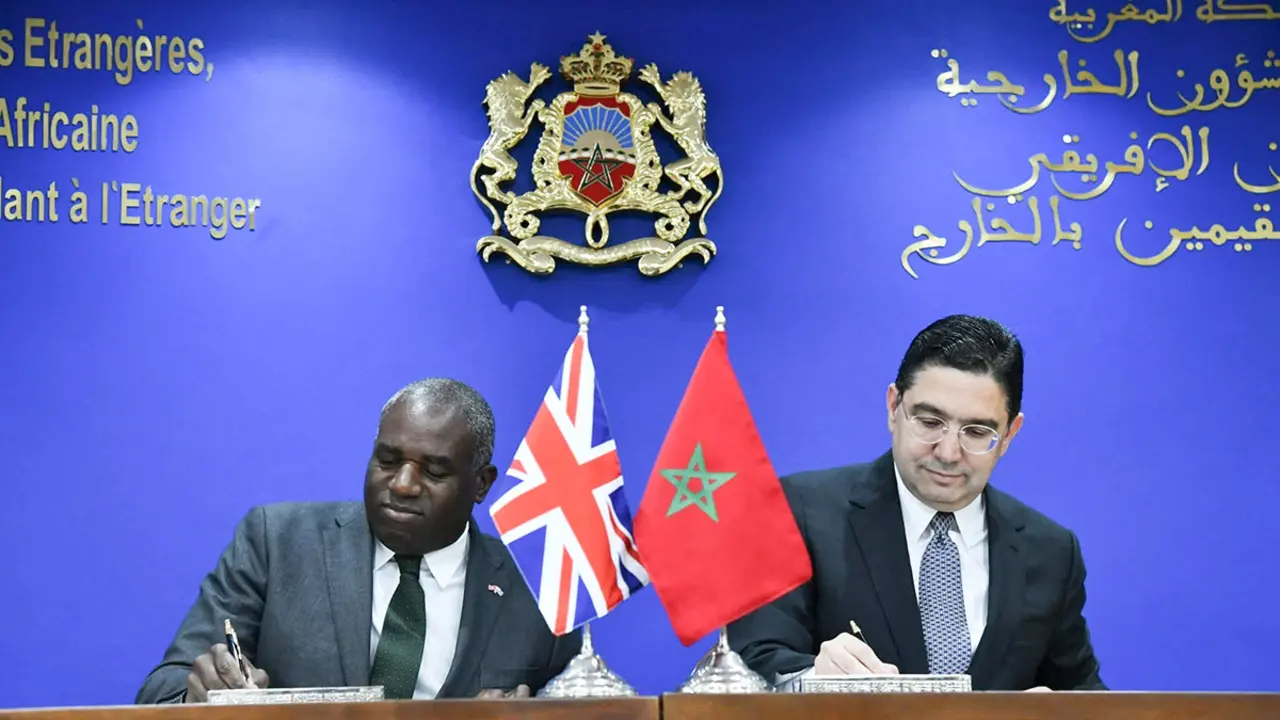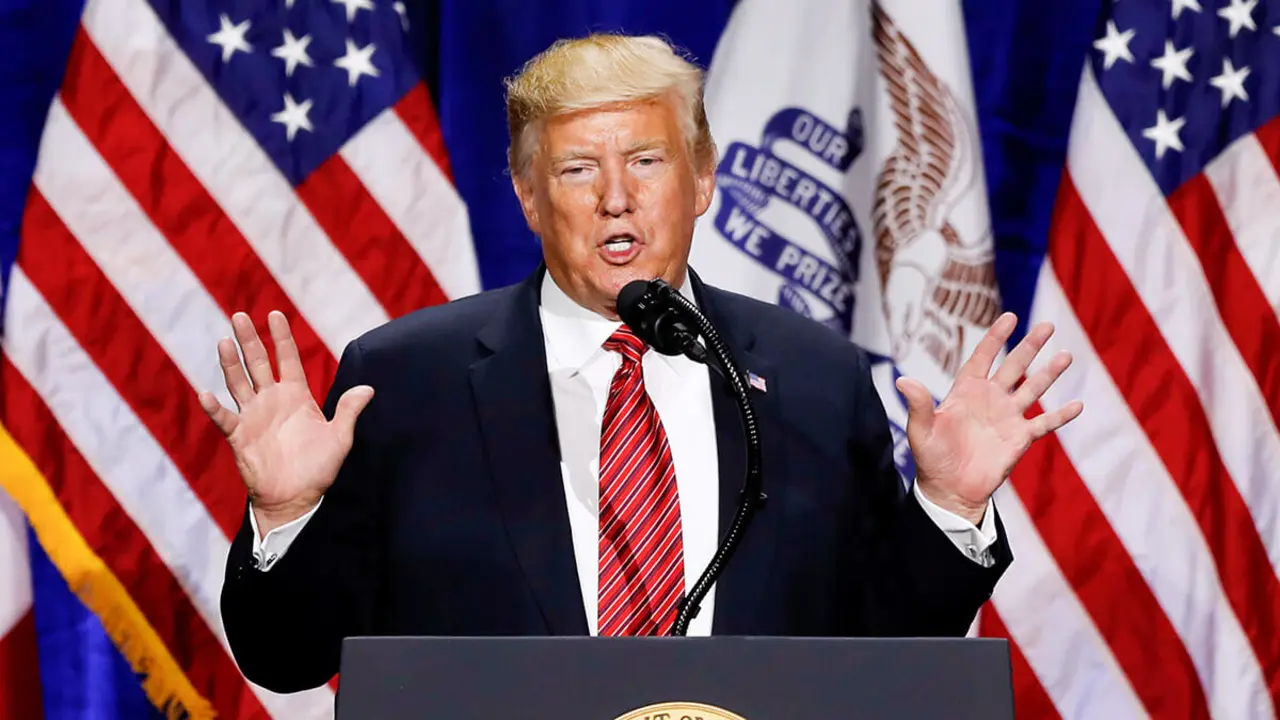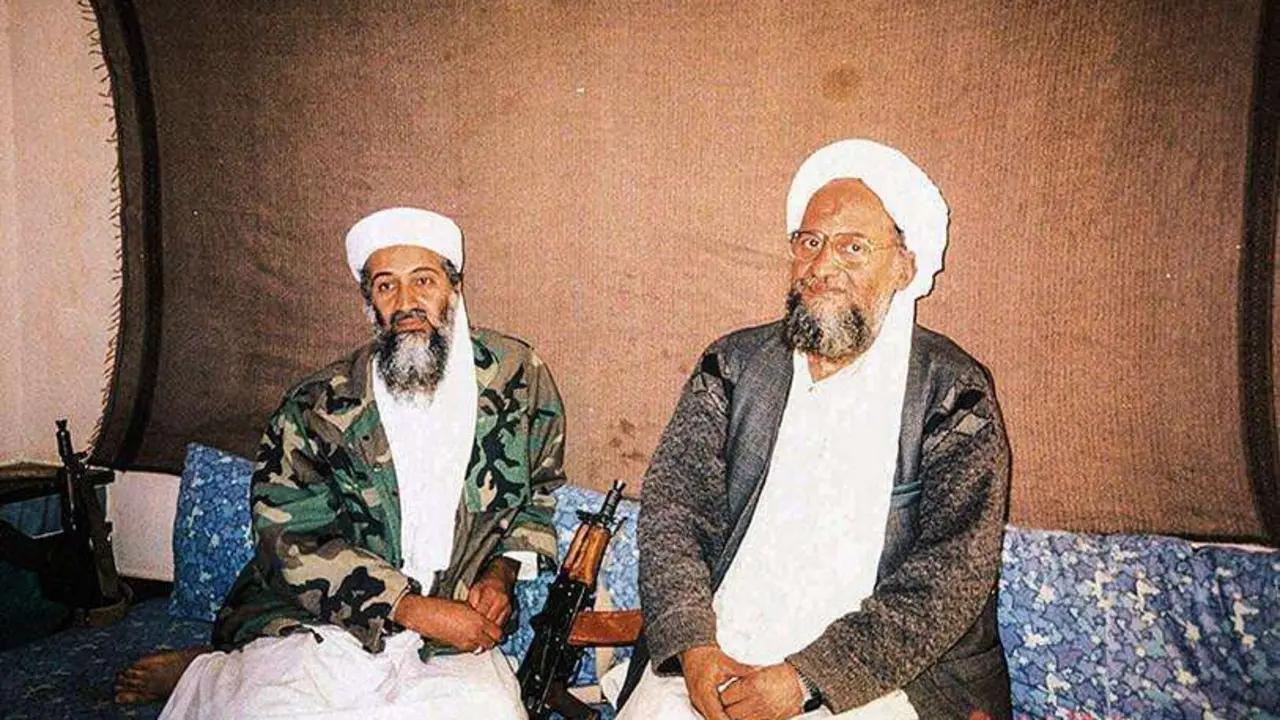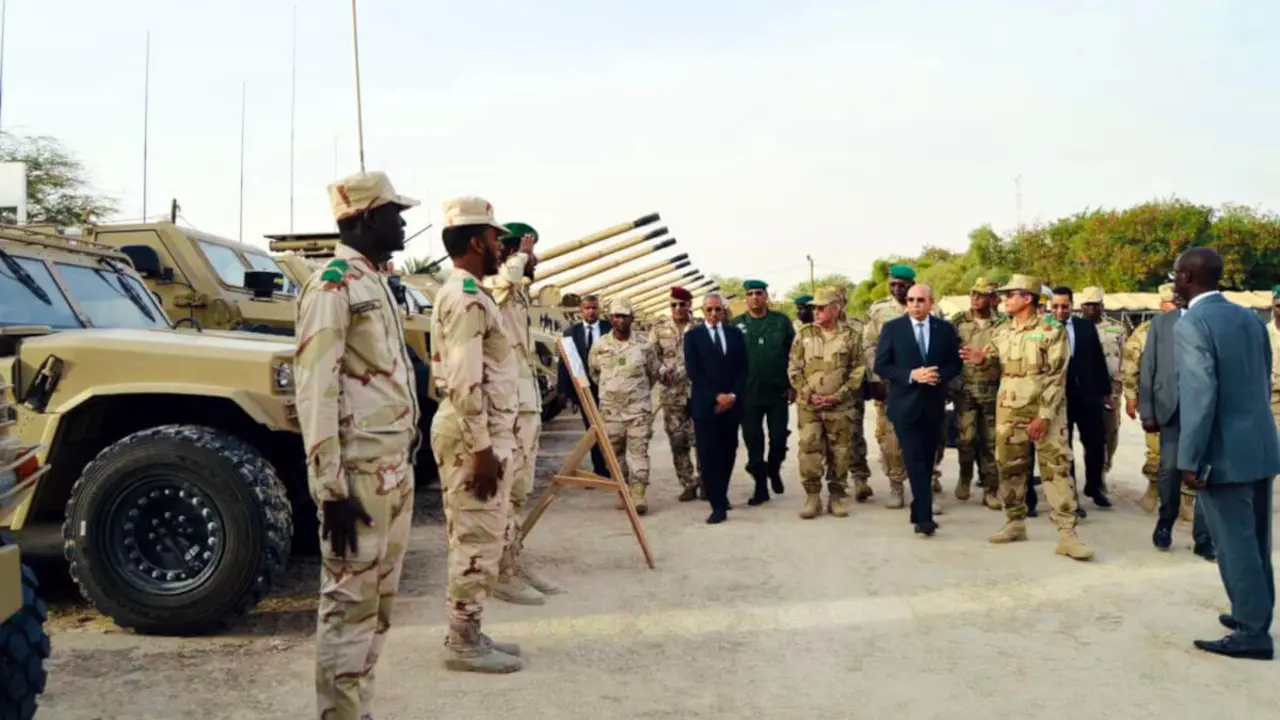Iran accuses US of hijacking Iranian oil tanker in Gulf of Oman

Iran on Wednesday launched the umpteenth accusation against Washington over its ongoing friction in the waters of the Arabian Sea. The Iranian Revolutionary Guard has leaked a new clash with the US military in the Gulf of Oman through the state-run Mehr news agency. According to Tehran's fuzzy account, a US warship recently intercepted a 'giant oil tanker' with the intention of offloading supplies onto another vessel 'and directing it to an unknown destination'.
The "piracy" action was repelled by Revolutionary Guard maritime forces, Mehr news agency reports. The elite Persian force reportedly managed to recapture the cargo ship "using Heliborne operations on the deck" to redirect the cargo back to the coast of Iran. It was at this point that the US forces began a chase to recover the cargo, without success. An implausible scene that Tehran intends to reinforce with the publication of a video in the coming hours.
Washington has not commented on the matter. US diplomacy is seeking to defuse tensions between the two countries at a time marked by the resumption of the nuclear agreement. However, the vicinity of the Arabian Sea is one of the main sources of tension between the two administrations. Even more so given the profile of the new Iranian President Ebrahim Raisi. The former head of the judiciary is part of the regime's hardline wing, and his rhetoric is more aggressive than that of his predecessor Hassan Rohani.

The Gulf of Oman is also a strategic enclave of the first order. Connected to the Persian Gulf by the Strait of Hormuz, the area forms part of one of the world's main hydrocarbon export routes. Nearly 30% of the world's oil production travels through the Gulf of Oman. This explains the incessant tensions in the immediate vicinity, aggravated by the presence of regional enemies Saudi Arabia and Iran on both sides of the Gulf.
The global energy trade, especially the oil-producing countries, share a common interest in ensuring the security of the area. However, each actor also has divergent roadmaps and particular objectives, which leads to a proliferation of clashes in the waters of the Arabian Peninsula. A clear example of this is the frequent clashes between US and Israeli vessels with Iranian ships, most of them instigated by the Islamic Republic.
Tehran has increased the number of patrols in recent months to reinforce the transit of Iranian vessels and mitigate fuel smuggling. The US justifies the seizure of tankers under trade sanctions, which also include a blockade on crude oil exports. Exports to Lebanon, Syria, Russia and even Venezuela could contravene US Treasury Department restrictions.
The Fifth Fleet, based in Bahrain, is in charge of these operations and monopolises the activity of the US Naval Forces in the Persian Gulf. The Navy section expands its area of operations in the Red and Arabian Seas and along the southeast coast of Africa as far as Kenya. This zone of influence made the unit Washington's standard-bearer in international waters. A label now carried by the Seventh Fleet, deployed in the Asia-Pacific region.

The main issue to consider, however, is the nuclear deal. It may be the only thread linking Washington and Tehran's agendas, but there is no shortage of pretenders to cut it. Washington's partners dislike the dynamics of rapprochement and détente with Iran, especially Israel and Saudi Arabia, which would not see the Persian nuclear threat reduced and would witness an improvement in the Islamic Republic's economic conditions.
Iran announced last week that it would return to the negotiating table in Vienna at the end of November. A vague promise that does not convince its interlocutors. The constant threats by the Iranian delegation, which has been completely renewed since Raisi came to power, have put the parties on the brink and put the brakes on the progress of the negotiations. Moreover, Iran's top security official, Ali Shamkhani, declared that the talks would fail unless President Joe Biden guaranteed full compliance with the agreement, a condition for which he "lacks the authority" in his view.
On an anecdotal note, the alleged Iranian humiliation of the US military was announced a day before the 42nd anniversary of the seizure of the US embassy in Tehran, in which 52 officials were held hostage by Islamic students for 444 days as part of the outbreak of the Iranian revolution that brought Ayatollah Khomeini to power and ushered in the current regime. A note that is perhaps not so anecdotal.

